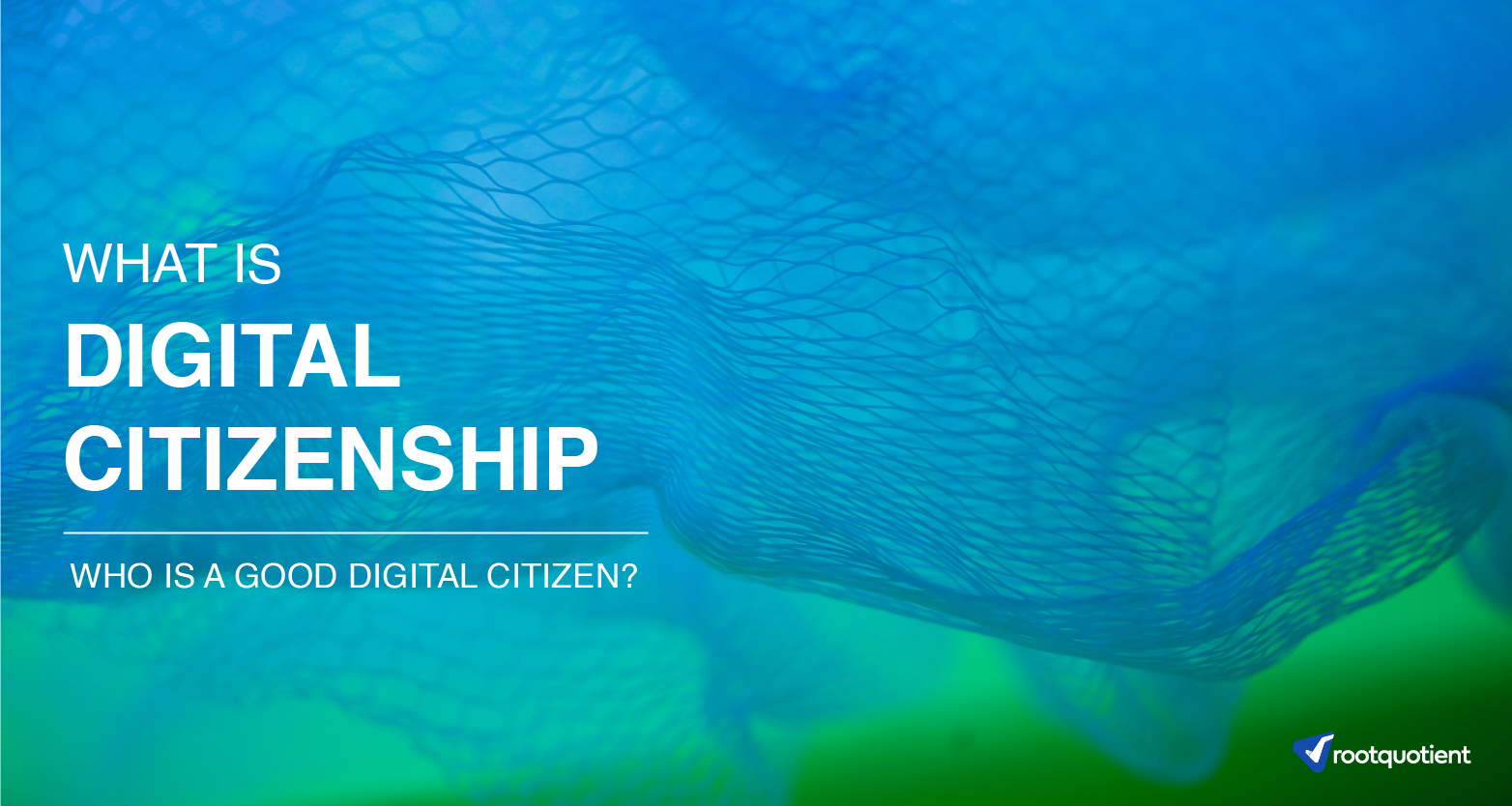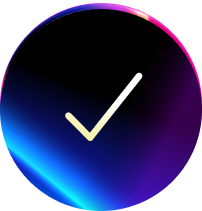If you use the internet for anything, you are a digital citizen. Digital Citizenship is the responsible and appropriate use of the internet on any platform. In the age of information technology, both technical and social skills are important for a person to have a successful and peaceful internet presence. The democracy of communication, combined with empathetic ethics, behaviour and equality forms the digital citizenship of a person. Not long ago, a Hollywood actress had condemned a journalist for uploading pictures of her kids from their sports practice session. As a journalist, in spite of being given such outrageous assignments, it was his responsibility to protect privacy even though she was a public figure. Of late, there seems to be fading of the line between reporting and invading privacy. This only proves that digital citizenship is applicable to everyone from homemakers to children to professionals. Information technology does not mean hiding behind the screens willing to do anything.
Here’s a list of things to keep in mindwhile making complete use of information technology in one click:
1. Educate yourself
There are laws that state what’s acceptable and what’s not in using digital technology. A person may download an image from Google without reading the copyright-terms and conditions that come with it. Most of the images carry copyrights to a person or an organization. It is important that one is well aware of the digital laws in using & exchange of information. This goes beyond etiquette and morality as it is punishable to break these laws. For instance, websites like Pixabay and Creative Commons Search provide free and usable images and information for anyone.
2. Respect yourself and others
It is a welcome move that one wants to fully participate in society, politics, government, etc., to fulfil their role in society. However, it comes with moral and ethical tags. Privacy, identity, ownership are some of the sensitive areas one has to mandatorily think of before using or sharing information.
As an individual, protecting their own information isalso vital. Is one using simple passwords? How often does one change thepasswords? Is it the same for all handles like social media, email, etc.? Theseare some easy ways in which information can be leaked or hacked.
3. Check for authenticity
As a millennial, one must have experienced random forwards on social media from several sources without verification. As the US president Donald Trump infamously calls it, “fake news” has become a menace in the current digital world. Clickbait headlines, false controversial statements for publicity, unverified information without mentioning of sources have become common and they spread like wildfires. It is unfortunate that there are very few who will check for the truth behind what they read or see. Millions believe everything that pops up on their screens.
4. Understand the limits of your rights
23% of students in the US have admitted to having said something mean or rude on social media. This is an alarming number. Everyone is entitled to opinions and ideas. However, one should remember that the screens connect them with the community and the society at large and there are other members with the same entitlement. Cyberbullying has become so common that people leave some of the digital platforms out of the disrespect faced and the pressure that comes with it. Rights should be used with dignity and respect both on personal levels and in the big digital world.
How to make the Current Situation Better?
Teach digital citizenship in schools
Most of the schools have lessons on digital citizenship at the school level. Students have access to everything in the digital world and it is crucial to start them young. Dealing with informed digital citizens from the beginning keeps them aware of the pros and cons that come with information technology. Statistically, by the end of 2019, 72% of American teens use Instagram, 96% of them watch YouTube videos, 41% of them use Snapchat. This proves the immense population under the influence of the internet and the impact it has on them.
Engage in diverse content
With digital screens, the whole world is in one’s hands. When an individual connects with someone from the other side of the world, it essentially exposes them to a different culture, attitude, knowledge and much more. Involving diverse content educates the similarities and differences among the human race. Intentional involvement increases empathy and kinder behaviour in every user.
Empathize and support
If one witness cyberbullying, it is important that one supports the victim and empathizes with them. Moral support from other members can ease the other person’s experience. This also includes supporting budding businesses, artists, friends and others one believes in. This creates a more positive environment and experience for everyone involved.
Read carefully
Any piece of information should be read critically and carefully. It is one of the most under-practised aspects of digital citizenship. Just like critical thinking, critical reading makes the internet experience a lot more productive and sensible. For instance, read the whole article before commenting on it, grasp the idea behind the discussion happening before getting involved, read the terms and conditions before agreeing to them.
When a person decides to use information technology, it is necessary to keep the 9 elements of etiquette, literacy, safety, laws, health and wellness, access, commerce, communication, right and responsibilities at the forefront before even participating actively anywhere. As much as the physical society demands ethical and moral behaviour, the digital world demands it even more because it should not be that easy for one to hide behind the screens and feel freer than they are entitled to be.



